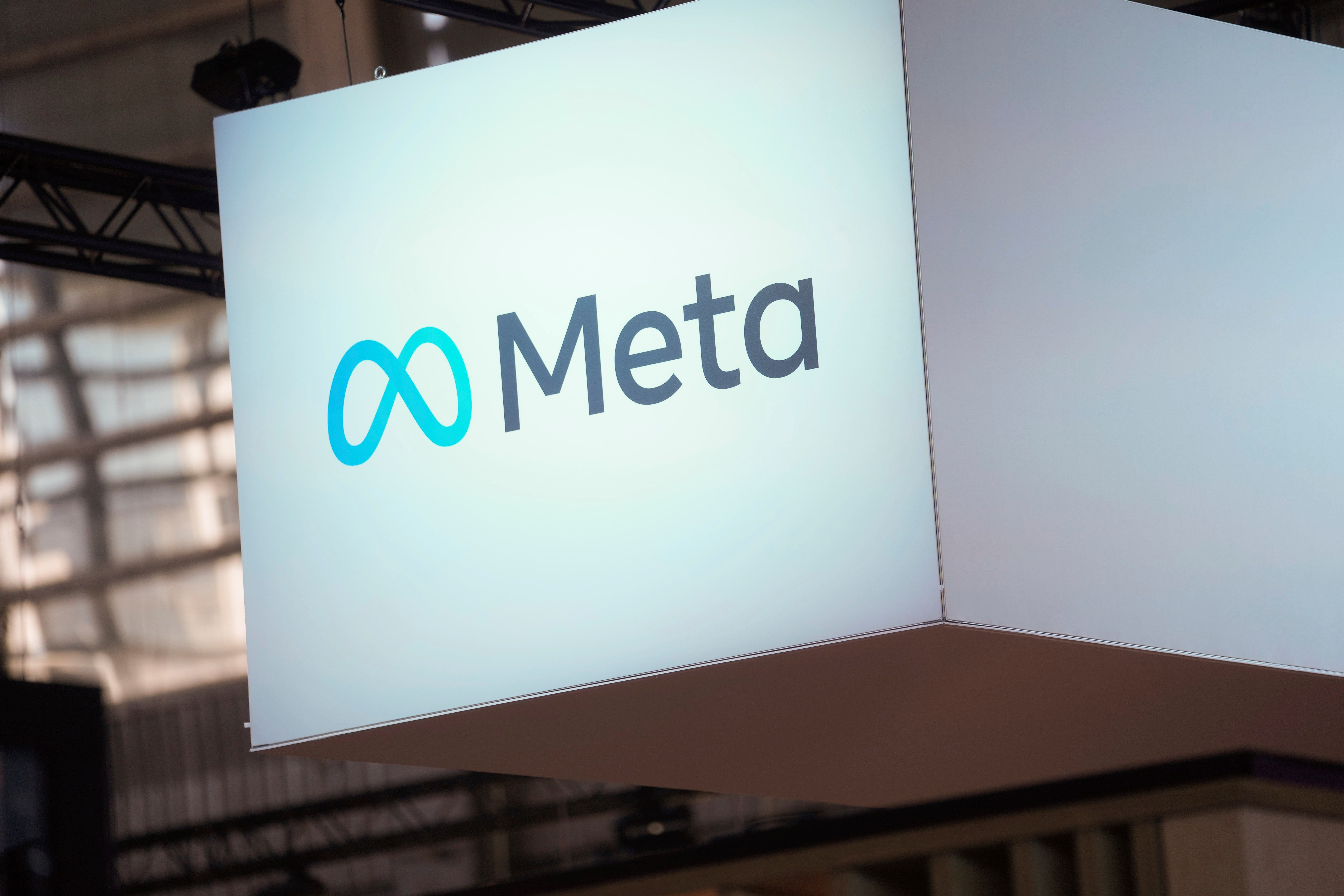Meta’s political content policy ‘risks undermining democratic engagement’
Publishers have warned that the social media firm’s policy on not recommending political content could stop voters seeing trustworthy political news.

Your support helps us to tell the story
From reproductive rights to climate change to Big Tech, The Independent is on the ground when the story is developing. Whether it's investigating the financials of Elon Musk's pro-Trump PAC or producing our latest documentary, 'The A Word', which shines a light on the American women fighting for reproductive rights, we know how important it is to parse out the facts from the messaging.
At such a critical moment in US history, we need reporters on the ground. Your donation allows us to keep sending journalists to speak to both sides of the story.
The Independent is trusted by Americans across the entire political spectrum. And unlike many other quality news outlets, we choose not to lock Americans out of our reporting and analysis with paywalls. We believe quality journalism should be available to everyone, paid for by those who can afford it.
Your support makes all the difference.Meta has been accused of “undermining democratic engagement” over a policy which reduces the amount of political content recommended to users on its platforms.
In February, the social media giant announced that it was extending an existing policy on Facebook to not proactively recommend political content from accounts users do not follow to Instagram and Threads.
Users will still see political posts from accounts they follow, and the control can be turned off within the settings of each app, but in the year when millions of people around the world will go to the polls in elections, publishers have raised concerns that the approach could impact their ability to get trustworthy political coverage in front of the biggest possible audience.
Any attempt to weaken or diminish public access to political content - such as the decision by Meta to reduce the amount of political content available via its platforms - therefore carries the risk of undermining robust democratic engagement
Owen Meredith, chief executive of the publishing trade body News Media Association, told The Times: “Coverage of local, national and global politics by trusted journalistic outlets is critical to helping the public understand and scrutinise decisions taken by politicians on their behalf.
“Any attempt to weaken or diminish public access to political content – such as the decision by Meta to reduce the amount of political content available via its platforms – therefore carries the risk of undermining robust democratic engagement.”
According to Ofcom’s news consumption report for 2023, just under half of UK adults (47%) now use social media to access news.
In a blog post discussing the policy published in February, when it was extended beyond Facebook to Instagram and Threads, the company said users “have told us they want to see less political content”.
“We have spent the last few years refining our approach on Facebook to reduce the amount of political content – including from politicians’ accounts – you see,” Meta said.
“As part of this, we aim to avoid making recommendations that could be about politics or political issues, in line with our approach of not recommending certain types of content to those who don’t wish to see it.”
The social media giant said it was also “preserving your ability to find and interact with political content that’s meaningful to you” by not applying the policy to content from accounts users already follow, and by allowing them to turn off the feature in a platform’s settings.